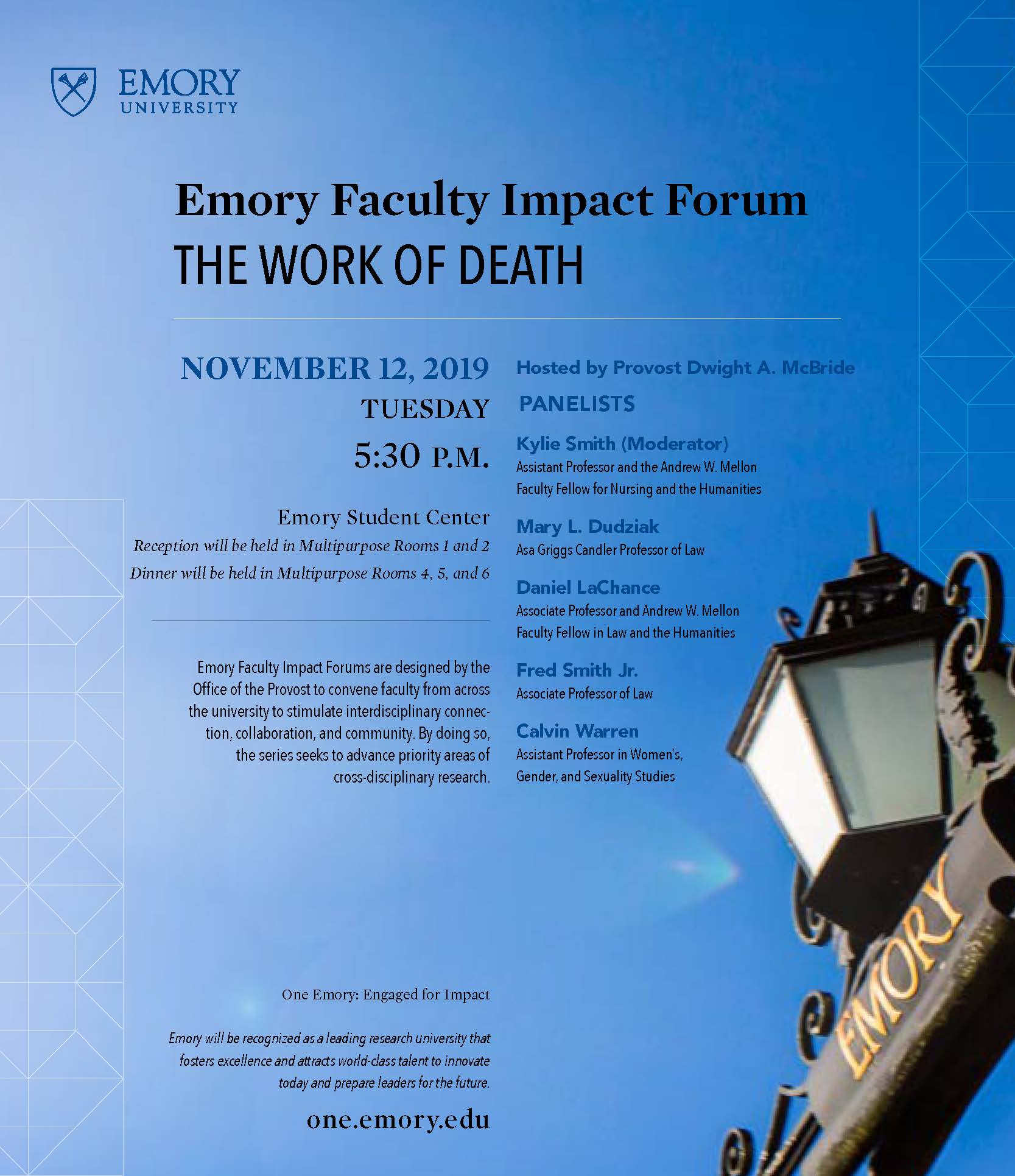Dr. Carol Anderson recently contributed to an ABC News piece about Donald Trump’s description of the House impeachment inquiry as a lynching. Anderson, who the article quotes as “shocked and appalled” by Trump’s tweet, responded on Twitter:
You weren’t castrated & forced to eat your genitalia like Claude Neal. You weren’t dragged behind a car, doused w/gasoline & set on fire like Cleo Wright. You weren’t blow torched until your eyes popped out of your head like John Jones. That’s lynching. You get due process.
— Carol Anderson (@ProfCAnderson) October 22, 2019
Anderson provided additional historical context for ABC News article, “Trump’s reference to lynching resurrects painful chapter in US history: Experts.” Anderson is Charles Howard Candler Professor of African American Studies, Chair of African American Studies, and Associated Faculty in the History Department. Read an excerpt from the article below along with the full piece.
“Anderson noted that the majority of lynchings happened during Reconstruction — just after slaves were freed — through the rise of the Jim Crow era laws which codified racial segregation. The acts, which even continued through the civil rights era into the modern age have been used as a way to terrorize black people “back into their place” now that they were no longer enslaved, Anderson said.
“‘How do you put them back into a neo-slavery place? The Jim Crow laws were one mechanism, outright massive domestic terror was the other mechanism,’ Anderson said.”
